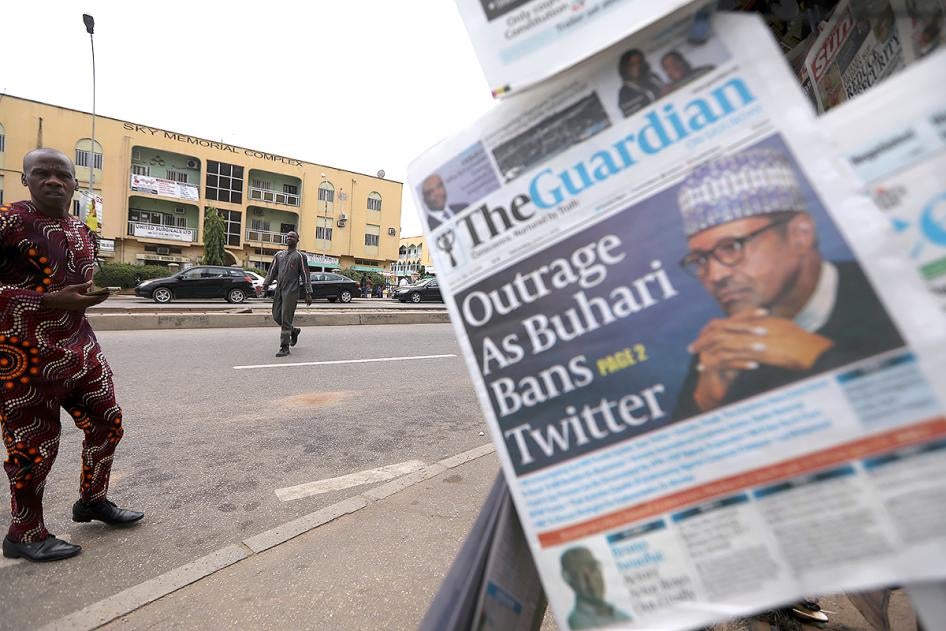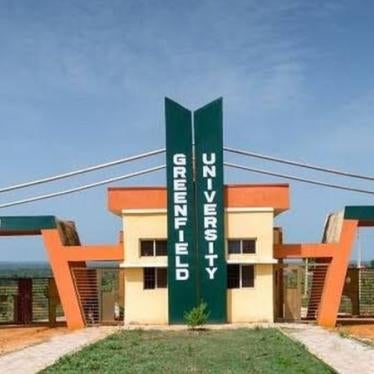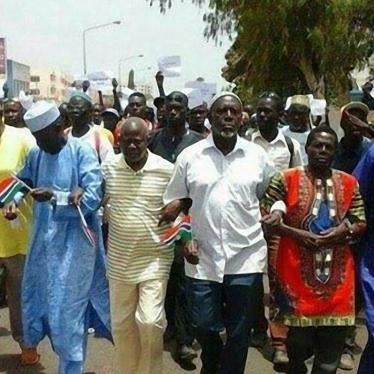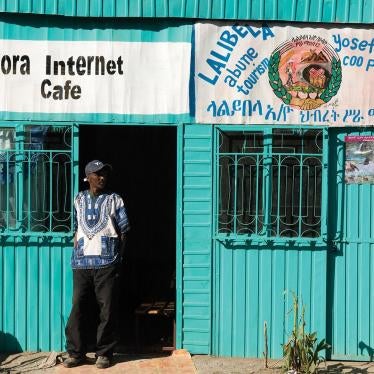The Nigerian government’s decision to ban Twitter and prosecute those who continue using the platform is a blatant and unjustified restriction on civic space and people’s right to information through social media.
The government said its decision, announced on Twitter on June 4, was due to the “persistent use of the platform for activities that are capable of undermining Nigeria’s corporate existence.” The ban came a few days after Twitter deleted tweets by President Muhammadu Buhari for violating the platform’s policies. The deleted tweets referenced the 1967-1970 Nigerian Civil War and discussed treating “those misbehaving today in the language they will understand.”
Facebook removed the same posts from its platform, also citing policy violations.
On June 5, the Association of Licensed Telecommunications Operators of Nigeria announced that its members had received and complied with instructions from the authorities to block access to Twitter. The state also directed all television and radio stations to stop using Twitter which they described as unpatriotic.
People have begun using Virtual Private Networks to circumvent the ban but authorities reportedly intend to prosecute those who do so.
Millions of people across Nigeria, especially youth, rely on social media to engage in discourse and to share and access information. Twitter was especially crucial for organizing during the October 2020 EndSARS protests against police brutality and other campaigns calling for government accountability. The authorities have proposed legislation criminalizing criticism of the government on social media, but citizens pushed back.
The Twitter ban follows what appears to be a pattern of attacks aimed at muzzling free expression in Nigeria. Authorities restricted access to the website of the Feminist Coalition, a group that helped raise funds to support the EndSARS protesters. They have also suspended and fined independent media houses and cracked down on social media users for posting materials they described as threatening to the country’s peace and stability.
Nigeria’s constitution and international human rights law, as set out in the Declaration of Principles on Freedom of Expression in Africa, protect the right to free expression and access to information and provide that any restriction to this right must be justifiable in a democratic society.
Nigerian authorities should immediately lift the ban on Twitter and ensure that people in the country can access it without restrictions or fear of reprisal.










